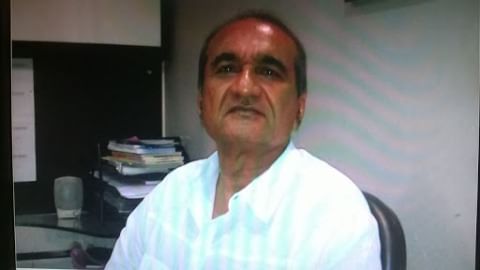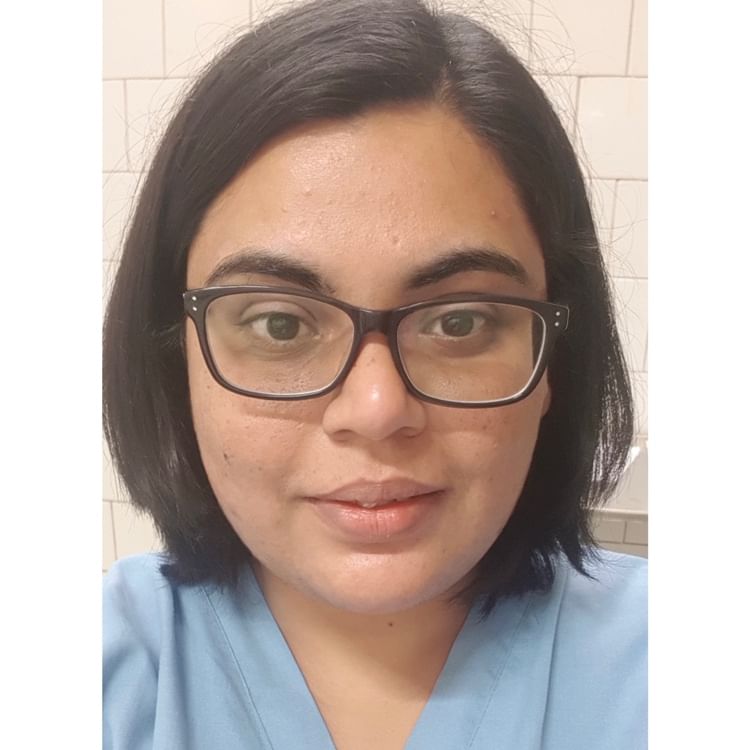Get the App
For Doctors
Login/Sign-up
About
Health Feed
Find Doctors
Health Packages
AllQ&AsTipsQuizzes
Menopause Questions
Asked for male, 25 years old from Bhopal
Share
Bookmark
Report
Asked for female, 53 years old from Chandigarh
Share
Bookmark
Report
Asked for female, 30 years old from Delhi
Share
Bookmark
Report
Asked for female, 46 years old from Bangalore
Share
Bookmark
Report
I am sorry to hear about your concern but will be happy to assist you.
It used to be said that menopause-related hot flashes fade away after six to 24 months. But for many women, hot flashes and night sweats often last a lot longer—by some estimates seven to 11 years.
Let's connect over a call so that we can discuss your concern in details and make a suitable treatment plan for you.
It used to be said that menopause-related hot flashes fade away after six to 24 months. But for many women, hot flashes and night sweats often last a lot longer—by some estimates seven to 11 years.
Let's connect over a call so that we can discuss your concern in details and make a suitable treatment plan for you.
2 people found this helpful
Asked for female, 55 years old from Bangalore
Share
Bookmark
Report
Asked for female, 49 years old from Chennai
Share
Bookmark
Report
I am sorry to hear about your concern but will be happy to assist you
an underactive or overactive thyroid gland can cause your period to come twice in one month. Let's connect over a call so that we can discuss your concern in details and make a suitable treatment plan for you.
an underactive or overactive thyroid gland can cause your period to come twice in one month. Let's connect over a call so that we can discuss your concern in details and make a suitable treatment plan for you.
2 people found this helpful
Asked for male, 51 years old from Greater Noida
Share
Bookmark
Report
I am sorry to hear about your concern but will be happy to assist you.
A hysterectomy may save your life if: • you have cancer of the uterus or ovaries, or • your uterus is bleeding fast and it can't be stopped. In most other cases, a hysterectomy is done to improve a woman's life. But, it is not needed to save her life. This is called an elective hysterectomy.
Let's connect over a call so that we can discuss your concern in details and make a suitable treatment plan for you.
A hysterectomy may save your life if: • you have cancer of the uterus or ovaries, or • your uterus is bleeding fast and it can't be stopped. In most other cases, a hysterectomy is done to improve a woman's life. But, it is not needed to save her life. This is called an elective hysterectomy.
Let's connect over a call so that we can discuss your concern in details and make a suitable treatment plan for you.
5 people found this helpful
Health Query
Share
Bookmark
Report
I am sorry to hear about your concern but will be happy to assist you.
Women in north america will likely experience natural menopause between ages 40 and 58, averaging around age 51. Some women, however, reach this phase in their 30s, others in their 60s. Typically, women reach menopause around the same age as their mothers and sisters.
Let's connect over a call so that we can discuss your concern in details and make a suitable treatment plan for you.
Women in north america will likely experience natural menopause between ages 40 and 58, averaging around age 51. Some women, however, reach this phase in their 30s, others in their 60s. Typically, women reach menopause around the same age as their mothers and sisters.
Let's connect over a call so that we can discuss your concern in details and make a suitable treatment plan for you.
6 people found this helpful
Asked for female, 23 years old from Coimbatore
Share
Bookmark
Report
Health Query
Share
Bookmark
Report
same dosage but calibration can be made in between also provided you do folliculometry study starting from day 7
780 people found this helpful
Book appointment with top doctors for Menopause treatment
View fees, clinic timings and reviews
Ask a free question
Get FREE multiple opinions from Doctors
posted anonymously












